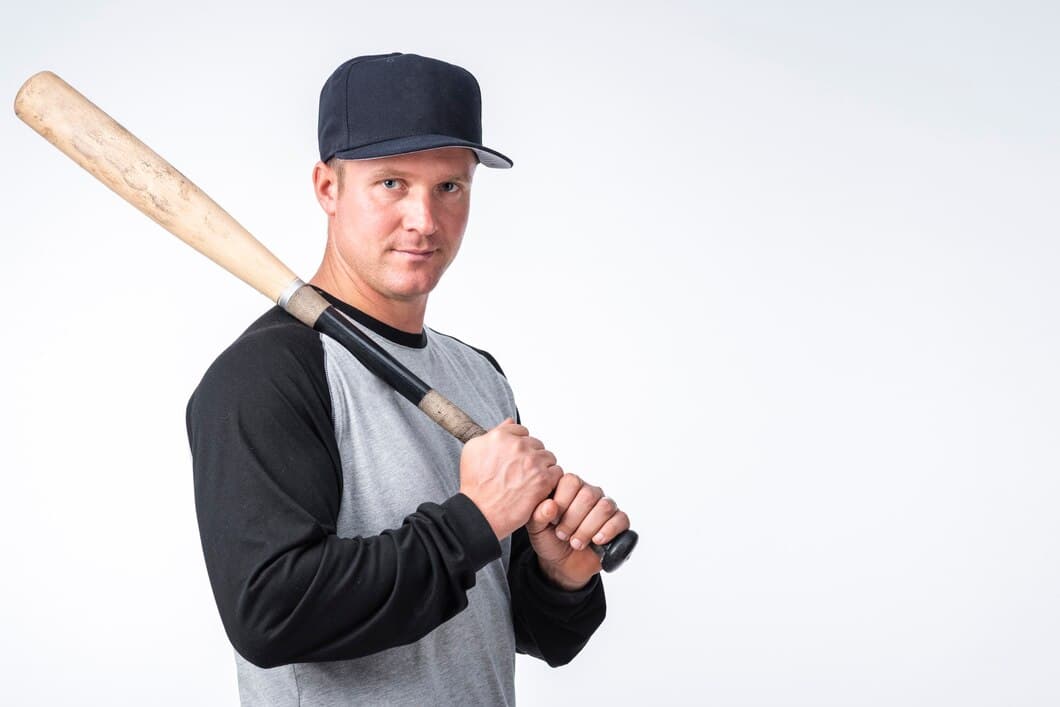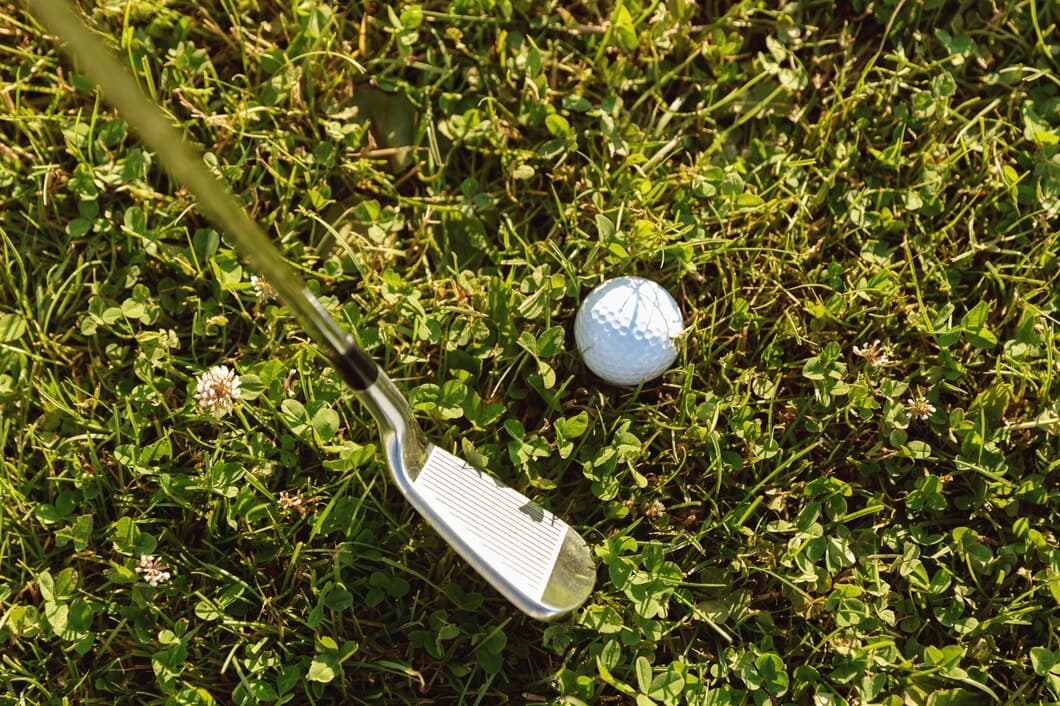Are 25 Year Old Golf Balls Still Good?
-

Golf balls are designed to lose their performance over time. The materials used in the construction of a golf ball, such as the rubber core and the urethane cover, break down over time due to exposure to the elements and repeated impacts. This breakdown can lead to a decrease in distance, accuracy, and spin. As a result, it is generally recommended that golfers replace their golf balls every few years.
However, the exact lifespan of a golf ball can vary depending on a number of factors, such as the frequency of use, the type of golf ball, and the conditions in which the ball is used. For example, a golf ball that is used frequently will likely need to be replaced more often than a ball that is used only occasionally. Similarly, a ball that is used on a hard, abrasive surface will likely wear out more quickly than a ball that is used on a soft, forgiving surface.
- Do golf balls expire?
Golf balls do not have a set expiration date, which means that they can technically be used even after many years. However, the performance of a golf ball can degrade over time due to factors such as exposure to sunlight, moisture, and physical damage. As a result, it is generally not recommended to use golf balls that are more than 10 years old.
If you are unsure whether or not your golf balls are still good, you can perform a simple test. First, inspect the balls for any visible damage, such as cracks or scuffs. If you find any damage, the balls should be discarded. Next, try hitting a few balls on a golf course or driving range. If the balls are not performing as well as you expect, they may be too old and should be replaced.
Ultimately, the decision of whether or not to use old golf balls is up to you. If you are willing to accept a decrease in performance, you can continue to use old balls. However, if you are looking for the best possible performance, it is recommended to use new golf balls.
- How long do golf balls last?
How long do golf balls last? This is a question that has been asked by golfers for many years. The answer, unfortunately, is not a simple one.
The lifespan of a golf ball depends on a number of factors, including the type of ball, the amount of play it gets, and the conditions in which it is stored. A good quality golf ball can last for several years if it is properly cared for, but a cheap ball may only last for a few months.The most common type of golf ball is the two-piece ball.
These balls are made with a solid core and a thin cover. Two-piece balls are relatively inexpensive and durable, but they do not perform as well as more expensive balls.Three-piece balls are made with a solid core, a middle layer, and a thin cover.
The middle layer is designed to improve the ball's performance, and the thin cover helps to reduce spin. Three-piece balls are more expensive than two-piece balls, but they offer better performance.- Do golf balls lose distance over time?
Golf balls can indeed lose distance over time, although the extent of this loss depends on various factors such as storage conditions and playing frequency.
However, the decline in distance is not typically significant enough to affect the overall performance of a golfer.
- How to store golf balls

Although modern golf balls do not necessarily go bad over time, deterioration can occur if they are not stored properly. Ideal storage conditions for golf balls include a cool, dry place away from direct sunlight. Additionally, it is important to avoid storing golf balls in extreme heat or cold, as this can damage the ball's core and cover.
If you are storing golf balls for an extended period of time, it is best to keep them in their original packaging. This will help to protect the balls from dirt and moisture. You can also store golf balls in a plastic bag or container with a lid. Make sure to seal the bag or container tightly to prevent air from getting in.
By following these storage tips, you can help to extend the life of your golf balls and ensure that they perform their best when you hit them.
- Can old golf balls be recycled?
Golf balls can be recycled, but it is not as common as recycling other materials like paper or plastic. There are a few companies that recycle golf balls, but the process is more expensive than recycling other materials. Golf balls are made of a variety of materials, including rubber, plastic, and metal. The rubber core is the most valuable part of the golf ball, and it can be recycled into new golf balls or other products. The plastic cover and the metal windings can also be recycled.
The process of recycling golf balls begins with collecting the balls. Golf balls can be collected from golf courses, driving ranges, and other places where they are used. Once the golf balls have been collected, they are sorted by type and material. The rubber cores are then separated from the plastic covers and the metal windings.
The rubber cores are recycled into new golf balls or other products. The plastic covers and the metal windings can be recycled into other products, such as plastic bottles or metal cans. Recycling golf balls helps to reduce the amount of waste that goes to landfills, and it also helps to conserve natural resources.
- How to tell if a golf ball is bad
First, the surface of a two-year-old golf ball will have scratches with corrosion or fading. You should not use this golf ball because it affects the ball’s flight and distance.
Second, squeeze the golf ball with your hands. If you find that the golf ball is soft, it means that the elasticity of the golf ball has deteriorated and is not suitable for continued use.
Third, drop the golf ball from a height of about 1 meter and observe the height of the golf ball after it bounces. If the golf ball has poor elasticity, or if it bounces only once or twice and then stops bouncing, this golf ball is not suitable for you to use.
- When to replace golf balls
The outer cover of a golf ball may become scuffed or damaged over time, which can affect the ball's performance. If the cover is damaged, it can cause the ball to fly erratically or lose distance. In addition, the core of a golf ball can also become damaged over time, which can also affect the ball's performance. If the core is damaged, it can cause the ball to feel mushy or lose its spin.
There are a few signs that it may be time to replace your golf balls. One sign is if you notice that your golf balls are not flying as far as they used to. Another sign is if you notice that your golf balls are not spinning as much as they used to. Finally, if you notice that the covers of your golf balls are scuffed or damaged, it may be time to replace them.
- Buying used golf balls

Frequently Asked Questions
Are golf balls bad if left in heat?
Golf balls should be stored in a cool, dry place at a temperature of 70-80 degrees Fahrenheit (21-27 degrees Celsius). Avoid leaving golf balls exposed to extreme heat, as this can damage the ball's core and cover, reducing its performance.
Do golf balls expire?
Golf balls do not have an official expiration date, but they can lose their performance and quality over time, especially if they are not stored properly. Factors such as exposure to extreme temperatures, UV radiation, and moisture can affect the ball's core, cover, and overall performance.
What do the numbers on a golf ball mean?
The numbers on a golf ball typically indicate the ball's compression rating, which is a measure of how hard or soft the ball is. A lower compression rating (e.g., 50-60) indicates a softer ball that is easier to compress and launch, while a higher compression rating (e.g., 90-110) indicates a firmer ball that requires more force to compress and provides more distance and control.
How long do golf balls last on average?
The lifespan of a golf ball can vary depending on several factors, including the quality of the ball, how often it is played, and how well it is stored. A good quality golf ball can typically last for several rounds, while cheaper or poorly stored balls may lose their performance and quality more quickly.
To Sum Up
To sum up, the answer to the question of whether 25 year old golf balls are still good depends on a number of factors, including the type of ball, how it has been stored, and how often it has been used.
In general, however, it is unlikely that a 25 year old golf ball will perform as well as a new ball. The rubber core of a golf ball will deteriorate over time, losing its elasticity and resilience. This can lead to a loss of distance and accuracy.